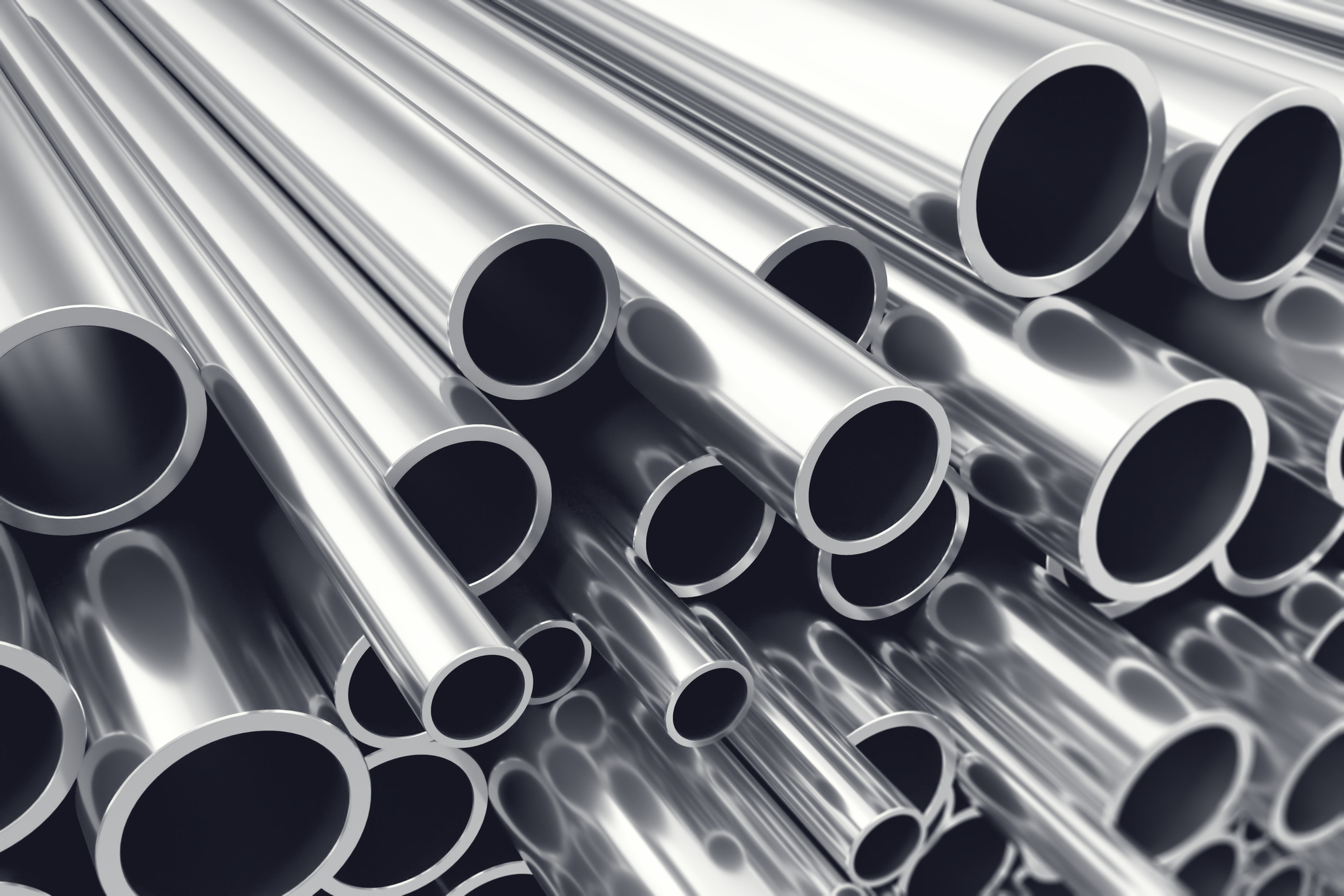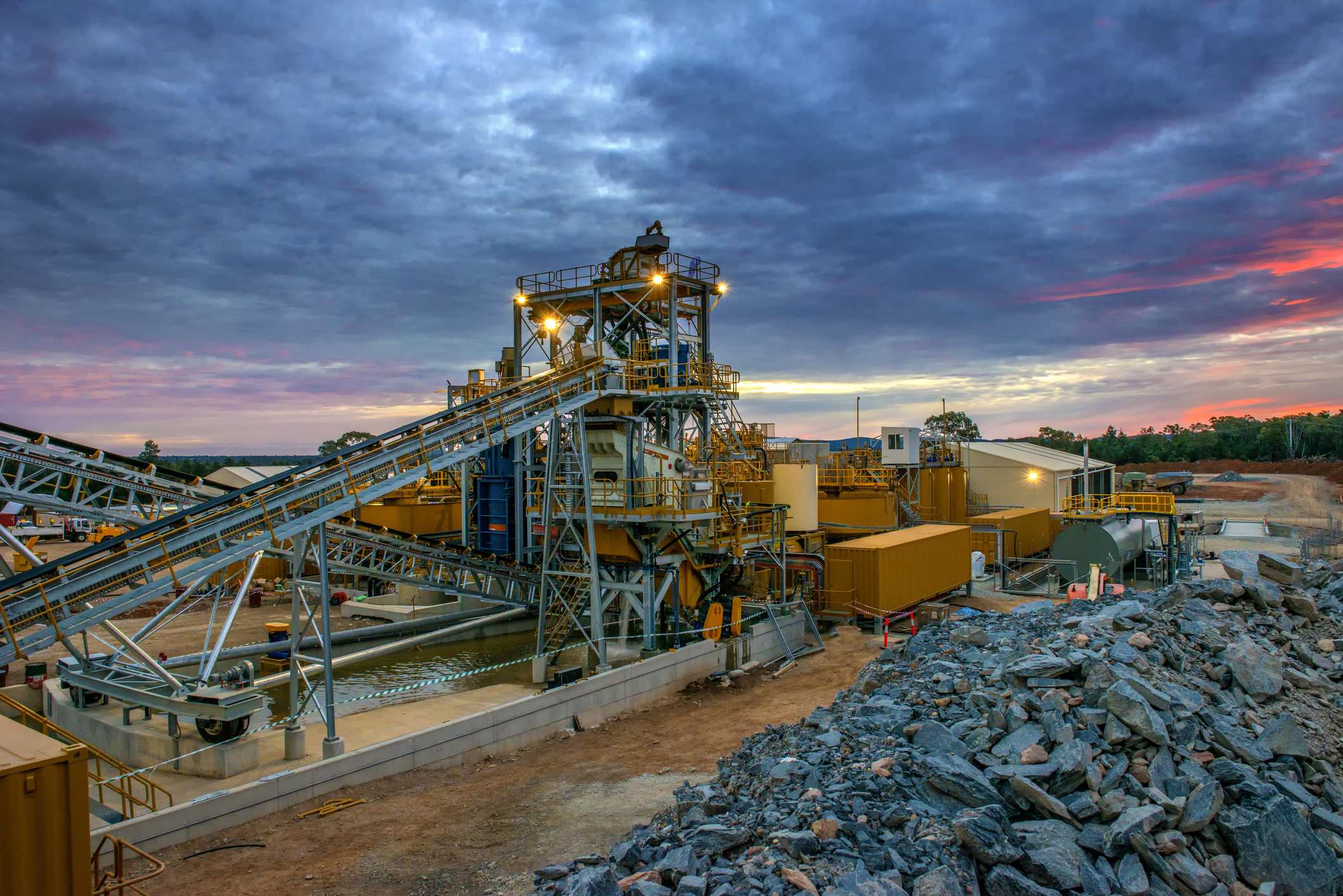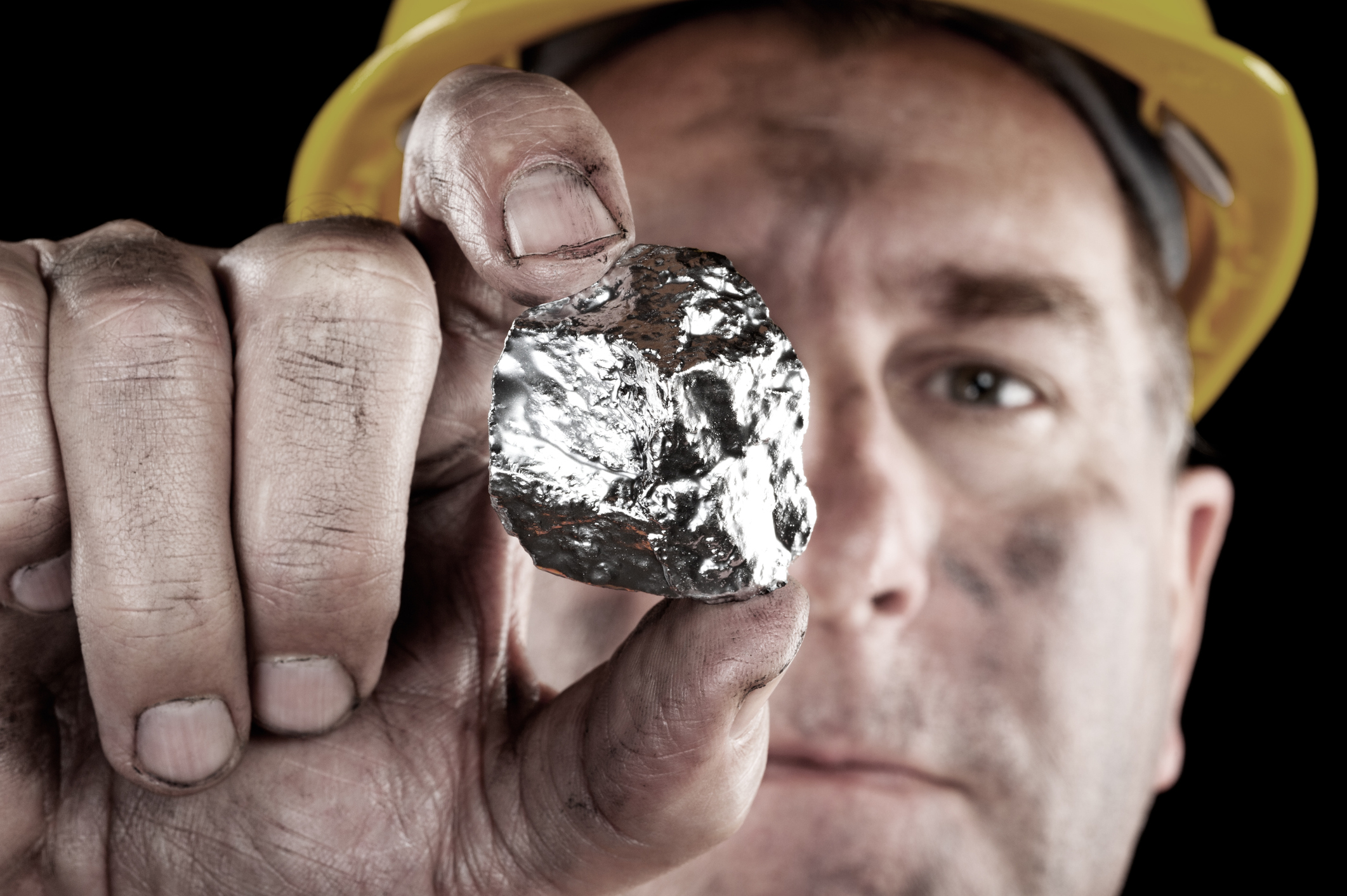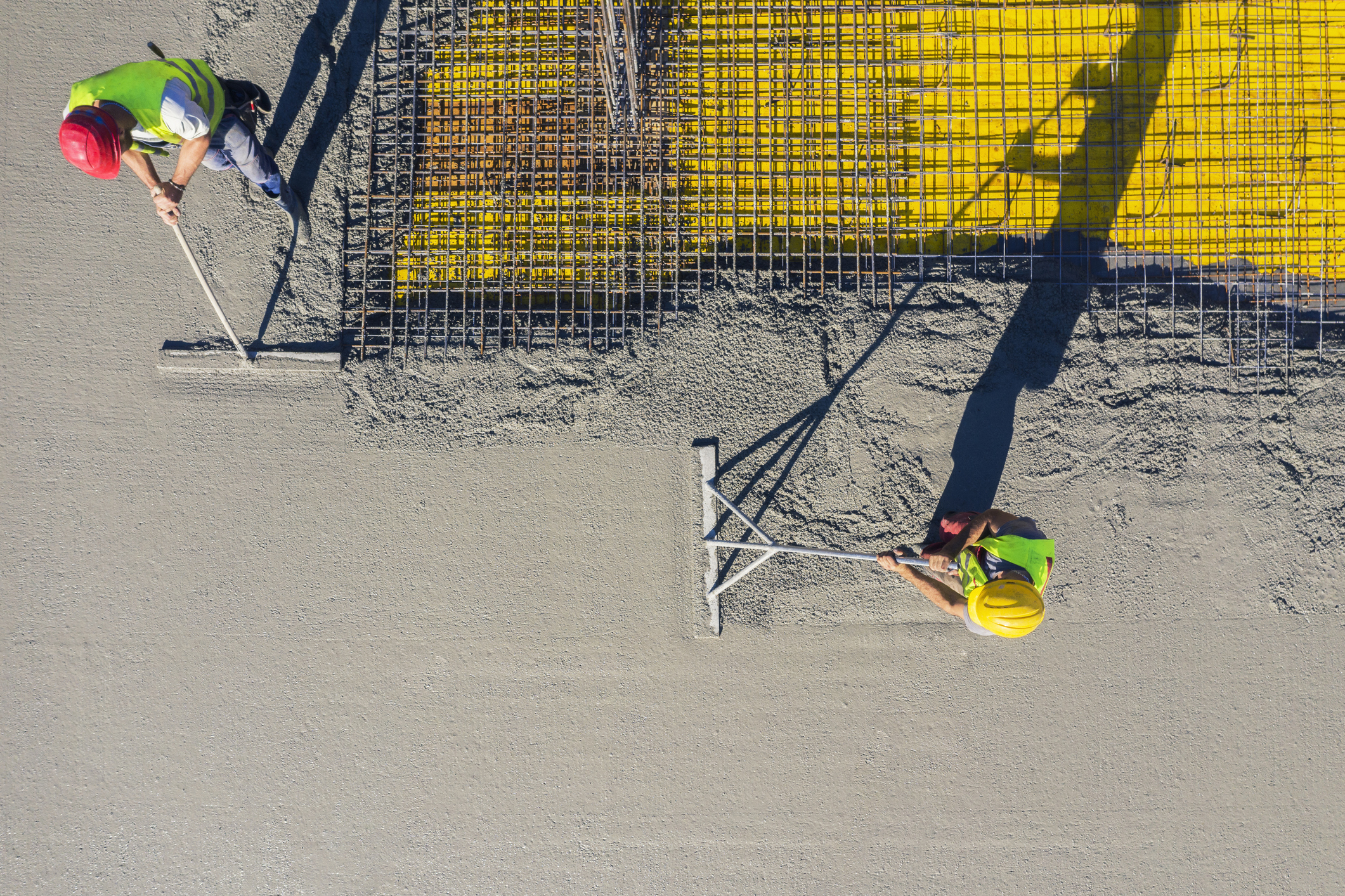The world economy is built on steel. Globally, an estimated 1.9 billion tons of steel are used annually for buildings, bridges, automobiles, and heavy machinery. Specialty metals have replaced steel in some limited cases, but the long-term demand for steel remains insatiable.
Steel stocks are companies involved in the production, processing, and distribution of steel. A handful of companies stand out as leaders in the steel industry. The best steel companies have more modern production capabilities and excel at controlling their costs to compete globally.
Top steel stocks for 2026
Here are five steel companies worth your consideration:
| Name and ticker | Market cap | Current price |
|---|---|---|
| Nucor (NYSE:NUE) | $43.5 billion | $189.95 |
| Steel Dynamics (NASDAQ:STLD) | $29.0 billion | $199.06 |
| Cleveland-Cliffs (NYSE:CLF) | $8.3 billion | $14.53 |
| ArcelorMittal (NYSE:MT) | $42.6 billion | $56.05 |
| Nippon Steel (OTC:NPSC.Y) | $22.8 billion | $4.37 |
The following is a more in-depth look at the details of the steel companies listed above.
1. Nucor
Originally called Nuclear Corporation of America, Nucor has been around for more than 100 years and is evolving to produce a range of steel and other products for a number of different industries. The company didn't operate its first steel mill until 1969, but it quickly became the largest U.S. producer while selling off most of its other divisions.

NYSE: NUE
Key Data Points
Nucor uses electric arc scrap furnaces, which are a lot more efficient than the blast furnaces that have traditionally dominated the industry. The electric furnaces are smaller, less costly to operate, and can more easily be ramped up or slowed down based on demand, which has allowed the company's results to hold up better when steel demand falls.
However, the incumbents haven't stood still, and much of the industry is racing to modernize and better compete with the likes of Nucor. But Nucor has proven itself to be one of the best capital allocators in the business, investing and acquiring when demand is low and valuations are reasonable. It also recently achieved Dividend King status (at least 50 consecutive years of annual dividend increases).
Nucor continues to adapt with a series of recent deals to build its finished products business, selling steel poles and other goods.
2. Steel Dynamics
Steel Dynamics was founded by a Nucor veteran and is trying to follow a similar game plan. The company focuses on electric arc mills and maintains a similarly conservative balance sheet. Steel Dynamics lacks Nucor's track record, which (depending on an investor's point of view) could be a strength or a weakness.

NASDAQ: STLD
Key Data Points
There is arguably a bit more risk buying into Steel Dynamics, given that there isn't the same history of results to fall back on. But with a market capitalization barely half that of Nucor, Steel Dynamics could offer a better chance to get in on the ground floor of a major growth story.
3. Cleveland-Cliffs
You can't have the steel scraps that go into electric arc furnaces without some blast furnaces to make the original steel, so companies such as Nucor and Steel Dynamics will never fully dominate the global market. Traditional steelmakers have been hindered by foreign competition from low-cost producers, especially when selling outside the U.S.

NYSE: CLF
Key Data Points
The businesses have restructured and streamlined, however, and they're now safer investments than they were a few decades ago. Cleveland-Cliffs is one of the more vertically integrated companies in steel.
Founded in the 19th century to mine iron ore deposits in the Great Lakes region, it expanded over time into steelmaking and stamping finished products. The company made a bold move in 2020 when it acquired the U.S. steelmaking operations of ArcelorMittal, in part to ensure there was ample demand for its ore, but also to give investors broad exposure to the many parts of the steel business.
4. ArcelorMittal
ArcelorMittal is an investment in global growth. The company is a steel powerhouse, forged via the 2006 merger between Europe's Arcelor and India's Mittal Steel. The company produces a wide range of steel products from facilities in Europe, North and South America, Asia, and Africa and operates iron ore mining projects in seven countries.

NYSE: MT
Key Data Points
The core U.S. production business was sold to Cleveland-Cliffs. However, ArcelorMittal remains the primary steel source for much of the developed world and for emerging economies where steel demand is expected to be highest in the years to come.
Although not as nimble as Nucor or Steel Dynamics -- and more likely to be caught up in cyclical trends -- ArcelorMittal benefits from geographic diversity and a wide range of end markets for its products. Of course, there is risk that comes with global reach. In the early days of the Ukraine war, the company was forced to temporarily suspend production operations in the country.
5. Nippon Steel
Nippon Steel is Japan's largest steelmaker, and it got a big boost in the U.S., thanks to its 2025 acquisition of U.S. Steel. That's the company that can trace its roots back to 1901, when banker J.P. Morgan merged Andrew Carnegie's steel company with other businesses at the height of the industrial revolution.

OTC: NPSC.Y
Key Data Points
Nippon faces a difficult challenge in modernizing U.S. Steel's operations and competing in a global marketplace. But the company has become a national champion in two of the most important developed markets for steel, giving it a potential leg up for future government business.
What to consider before investing in steel stocks
Even though steel is vital to the global economy, the sector has been a challenging one for investors. Before buying in, investors should consider the current economic cycle and its potential effect on steel demand. Typically, more steel is needed when times are good and economic activity is robust.
Investors should also pay close attention to individual company costs and efficiency. Steel production is a complex undertaking. The best investments are the companies that can do it at the lowest cost.
Should you buy steel stocks?
There are many factors to consider before buying steel stocks.
- Massive construction projects take a long time to get going, but there is plenty of demand ahead. In 2021, Congress passed a $1.2 trillion infrastructure spending bill in response to the clear need to rebuild aging roads and bridges across the U.S. A boost in construction means more demand for steel. Those funds will take years to make their way into the economy.
- Geopolitics is also helping boost demand for the companies. Prior to its invasion of Ukraine, Russia was a top-10 steel-producing nation. With Russia's exports off-limits for the foreseeable future, pricing should increase for products made elsewhere.
- Despite steel's ubiquity and the constant hunger for more of it, steel stocks have historically been a questionable investment due to the cyclical nature of commodity businesses and the high fixed costs involved in steel production. Investors attracted by the growth potential need to navigate the field carefully and focus on top operators with a track record of making money even when conditions sour.
- Investors on the fence about buying individual steel stocks can get exposure to a range of steelmakers and their suppliers through exchange-traded funds (ETFs), including the VanEck Steel ETF (SLX +0.25%) or a broader fund, such as the State Street SPDR S&P Metals & Mining ETF (XME -2.36%).
How to invest in steel stocks
- Open your brokerage app: Log in to your brokerage account where you handle your investments.
- Search for the stock: Enter the ticker or company name into the search bar to bring up the stock's trading page.
- Decide how many shares to buy: Consider your investment goals and how much of your portfolio you want to allocate to this stock.
- Select order type: Choose between a market order to buy at the current price or a limit order to specify the maximum price you're willing to pay.
- Submit your order: Confirm the details and submit your buy order.
- Review your purchase: Check your portfolio to ensure your order was filled as expected and adjust your investment strategy accordingly.
The bottom line
The paradox for investors over the past century has been that steel is an essential part of the industrialized world, yet the stocks, due to the cyclical nature of the business and the massive production costs, have been underwhelming investments. The risks remain, but today's steelmakers are less tied to economic swings in one region and have found ways to take some of the costs out of the business.
The best now generate profits regardless of economic conditions. And with first-world infrastructure in desperate need of renewal and emerging economies in growth mode, demand isn't going away. For investors comfortable with some cyclicality and seeking stocks to form the foundation of a long-term portfolio, adding some high-quality steel might be a good move.










